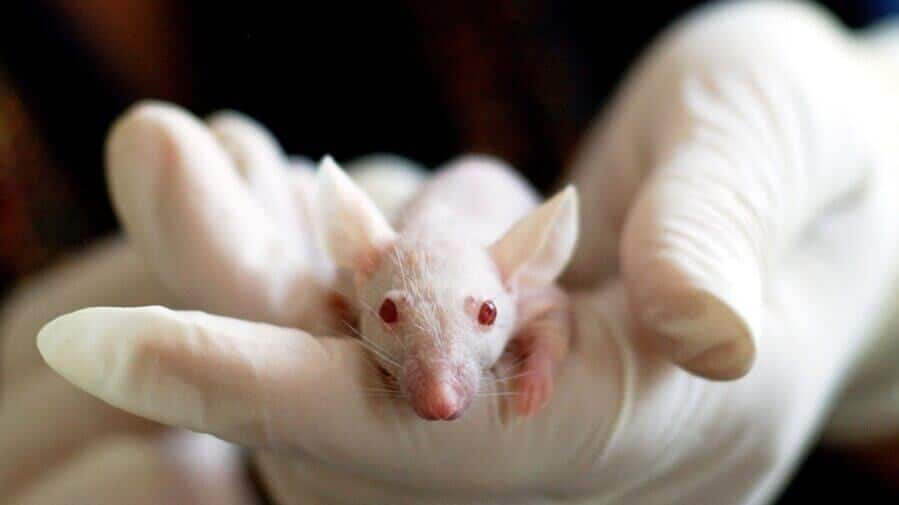
In a first, scientists create mice with human immune system
What's the story
Scientists at The University of Texas Health Science Center at San Antonio have made a significant breakthrough by developing the first mouse model with a fully operational human immune system. The team, led by Paolo Casali, created a humanized mouse model capable of specific antibody responses. This achievement aims to overcome limitations of current in vivo human models and opens up new possibilities for biomedical research.
Model evolution
First humanized mice were developed in the 1980s
The first humanized mice were developed in the 1980s to study HIV infection and immune response. However, these models lacked a fully functional human immune system and had short lifespans, which limited their use in developing immunotherapies or modeling human diseases. Casali's team aimed to overcome these limitations by creating a mouse model with a complete and functional human immune system.
Model development
Creation of TruHuX: A new generation of humanized mice
Casali's team began their project by injecting immunodeficient mice with human stem cells from umbilical cord blood. After establishing the graft, the mice were hormonally conditioned with 17b-estradiol (E2), a potent form of estrogen known to boost human stem cell survival and promote B lymphocyte differentiation. The resulting mice, named TruHuX (for truly human), possess a fully developed and functional human immune system.
Research potential
TruHuX mice: A platform for human immune system studies
The TruHuX mice can mount mature neutralizing antibody responses to Salmonella Typhimurium and SARS-CoV-2 virus Spike S1 RBD after vaccination. They are also capable of developing systemic lupus autoimmunity. Casali expressed that the TruHuX mouse discovery provides a platform for human immune system studies, development of human vaccines and testing of therapeutics. This breakthrough could potentially eliminate the need for non-human primates in biomedical research.
Next steps
Future research directions using the TruHuX model
The Casali lab is now investigating the human immune response to SARS-CoV-2 (COVID-19) using the TruHuX model. They are also studying epigenetic factors and mechanisms that mediate the generation of human plasma cells, which produce antibodies to bacteria, viruses or cancer cells. This research could provide valuable insights into human immune responses and contribute significantly to the development of vaccines and therapeutics.